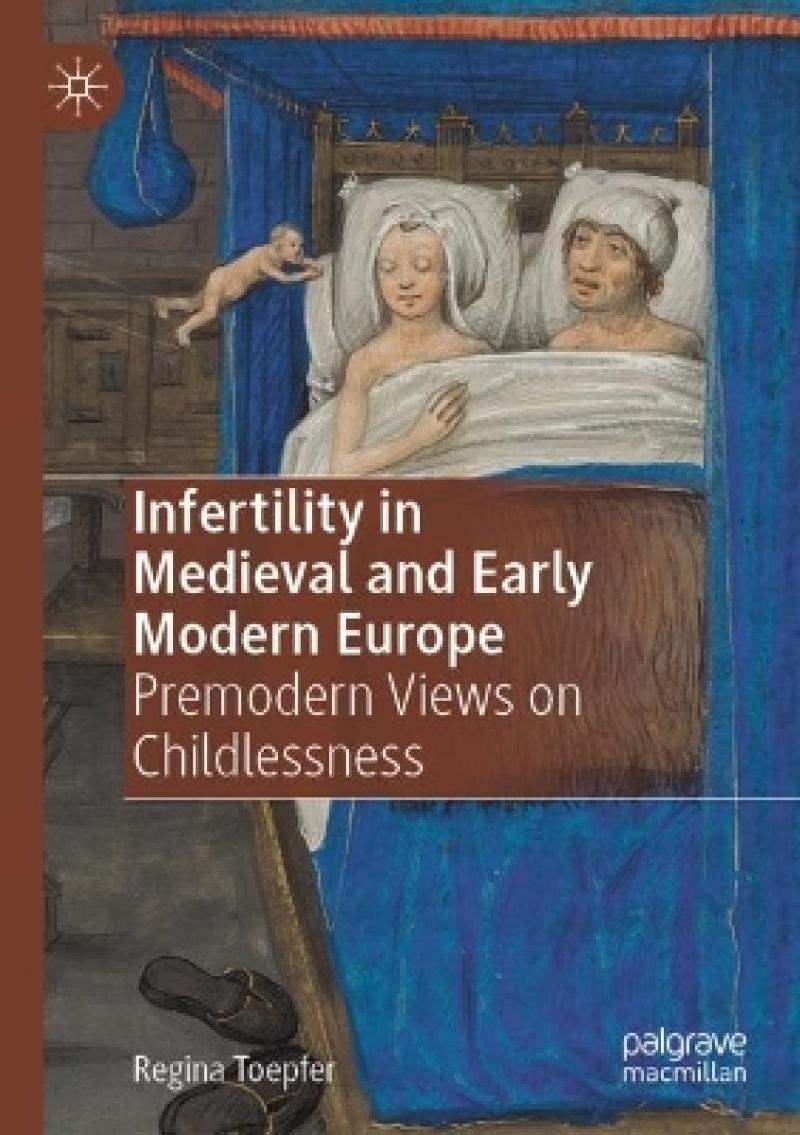This book examines discourses around infertility and views of childlessness in medieval and early modern Europe. Whereas in our own time reproductive behaviour is regulated by demographic policy in the interest of upholding the intergenerational contract, premodern rulers strove to secure the succession to their thrones and preserve family heritage. Regardless of status, infertility could have drastic consequences, above all for women, and lead to social discrimination, expulsion, and divorce.
Rather than outlining a history of discrimination against or the suffering of infertile couples, this book explores the mechanisms used to justify the unequal treatment of persons without children. Exploring views on childlessness across theology, medicine, law, demonology, and ethics, it undertakes a comprehensive examination of ‘fertility’ as an identity category from the perspective of new approaches in gender and intersectionality research. Shedding light on how premodern views have shaped understandings our own time, this book is highly relevant interest to students and scholars interested in discourses around infertility across history.
1. Introduction.- 2. Theology: salvation stories of (in)fertility.- 3. Medicine: body concepts of (in)fertility.- 4. Jurisprudence: laws on (in)fertility.- 5. Demonology: metaphysics of (in)fertility.- 6. Ethics: ideals of life with (in)fertility.- 7. Epilogue.
This book examines discourses around infertility and views of childlessness in medieval and early modern Europe. Whereas in our own time reproductive behaviour is regulated by demographic policy in the interest of upholding the intergenerational contract, premodern rulers strove to secure the succession to their thrones and preserve family heritage. Regardless of status, infertility could have drastic consequences, above all for women, and lead to social discrimination, expulsion, and divorce.
Rather than outlining a history of discrimination against or the suffering of infertile couples, this book explores the mechanisms used to justify the unequal treatment of persons without children. Exploring views on childlessness across theology, medicine, law, demonology, and ethics, it undertakes a comprehensive examination of ‘fertility’ as an identity category from the perspective of new approaches in gender and intersectionality research. Shedding light on how premodern viewshave shaped understandings our own time, this book is highly relevant interest to students and scholars interested in discourses around infertility across history.
Regina Toepfer is Chair of Medieval German Literature at Julius-Maximilians-Universität Würzburg, Germany.
Christine Neufeld, Eastern Michigan University, USA
This excellent study offers intriguing insights into the extensive discourse on (in)fertility and childlessness (involuntary or voluntary) in the Middle Ages and Early Modern Period. By considering (in)fertility and childlessness as a category of identity that shapes people’s positions, behavior, and self-perceptions, Regina Toepfer applies an innovative approach and creates a transdisciplinary dialogue between the premodern world and today.
Dina Aboul Fotouh Salama, Cairo University, Egypt
Produktdetaljer
Biografisk notat
Regina Toepfer is Chair of Medieval German Literature at Julius-Maximilians-Universität Würzburg, Germany.
